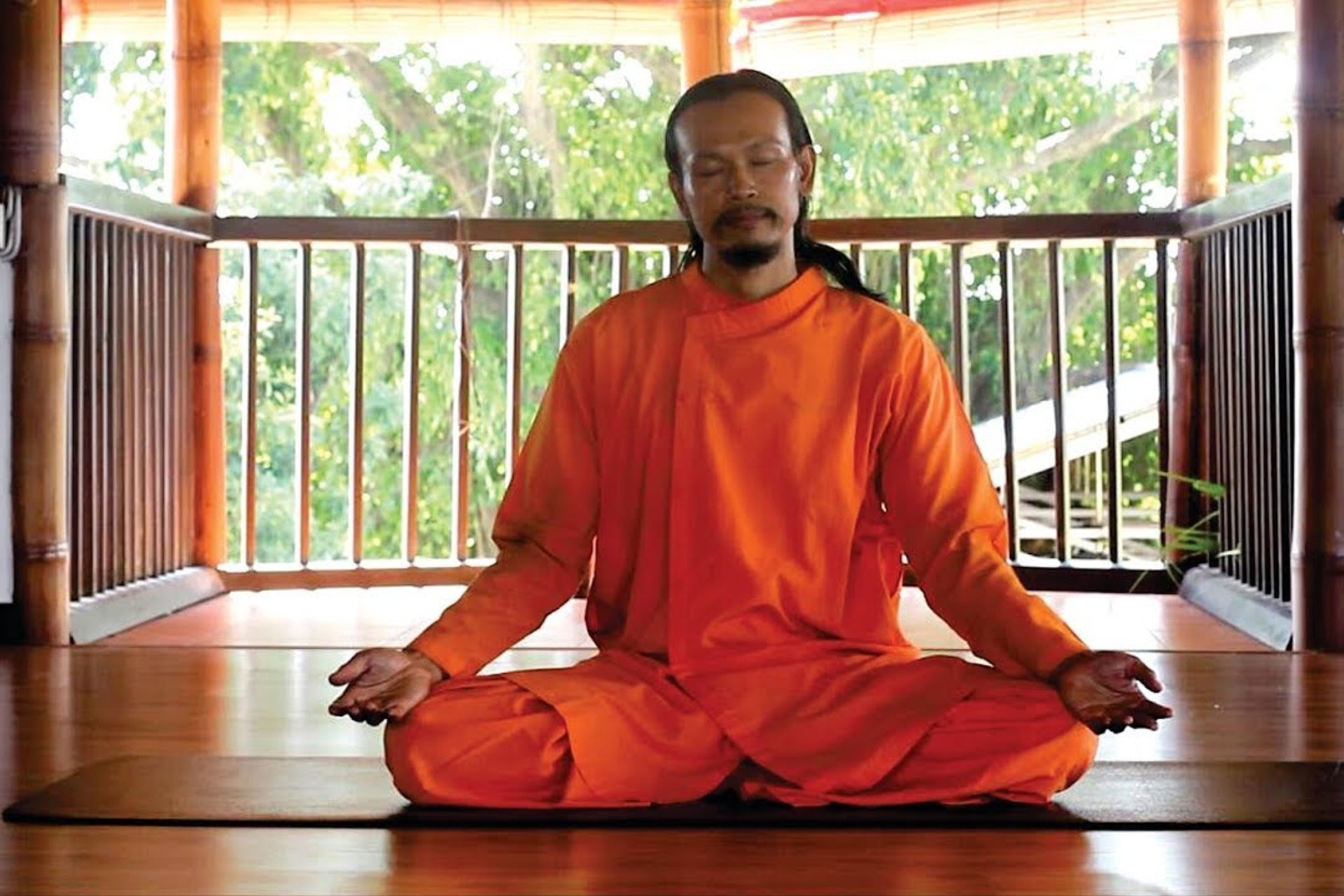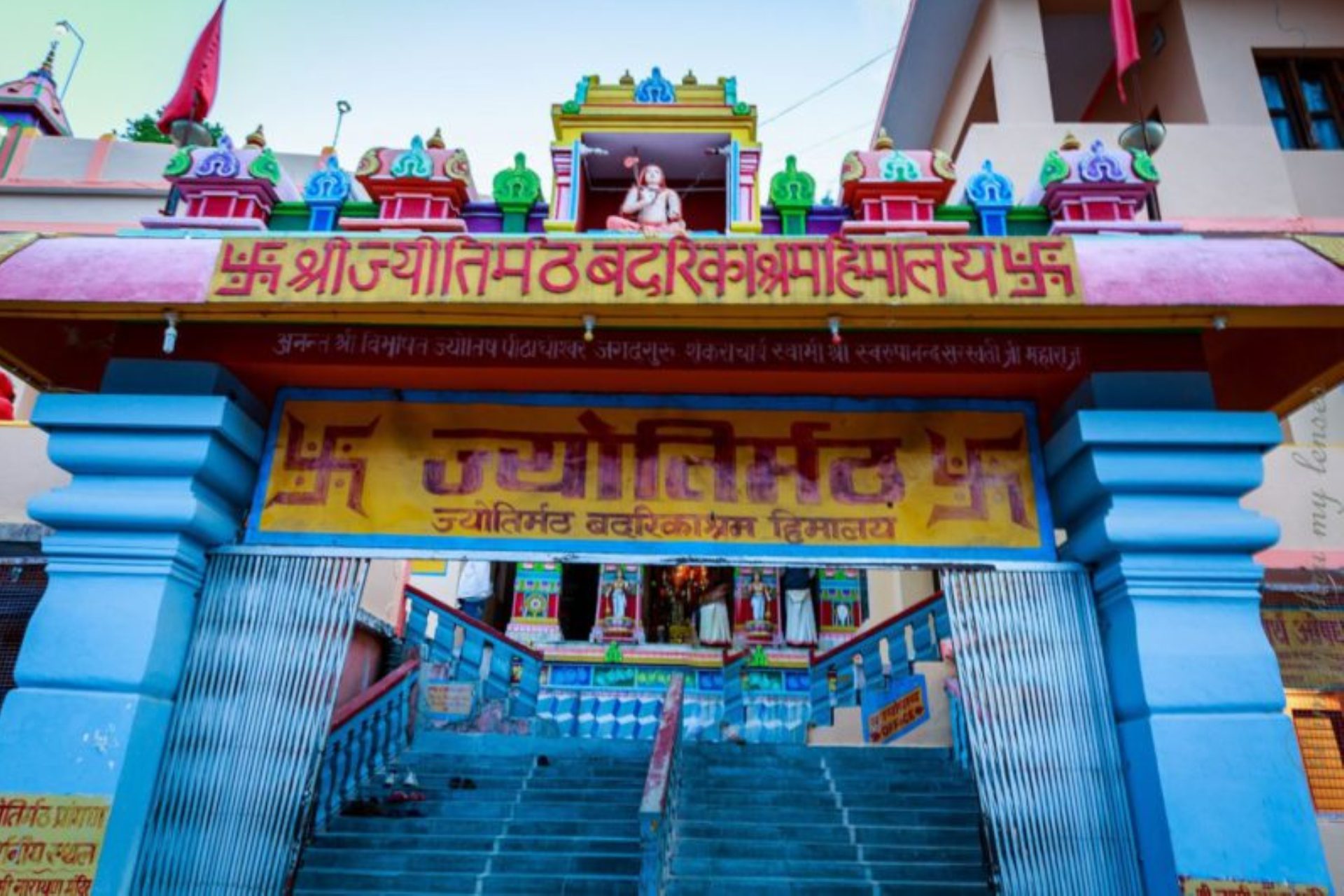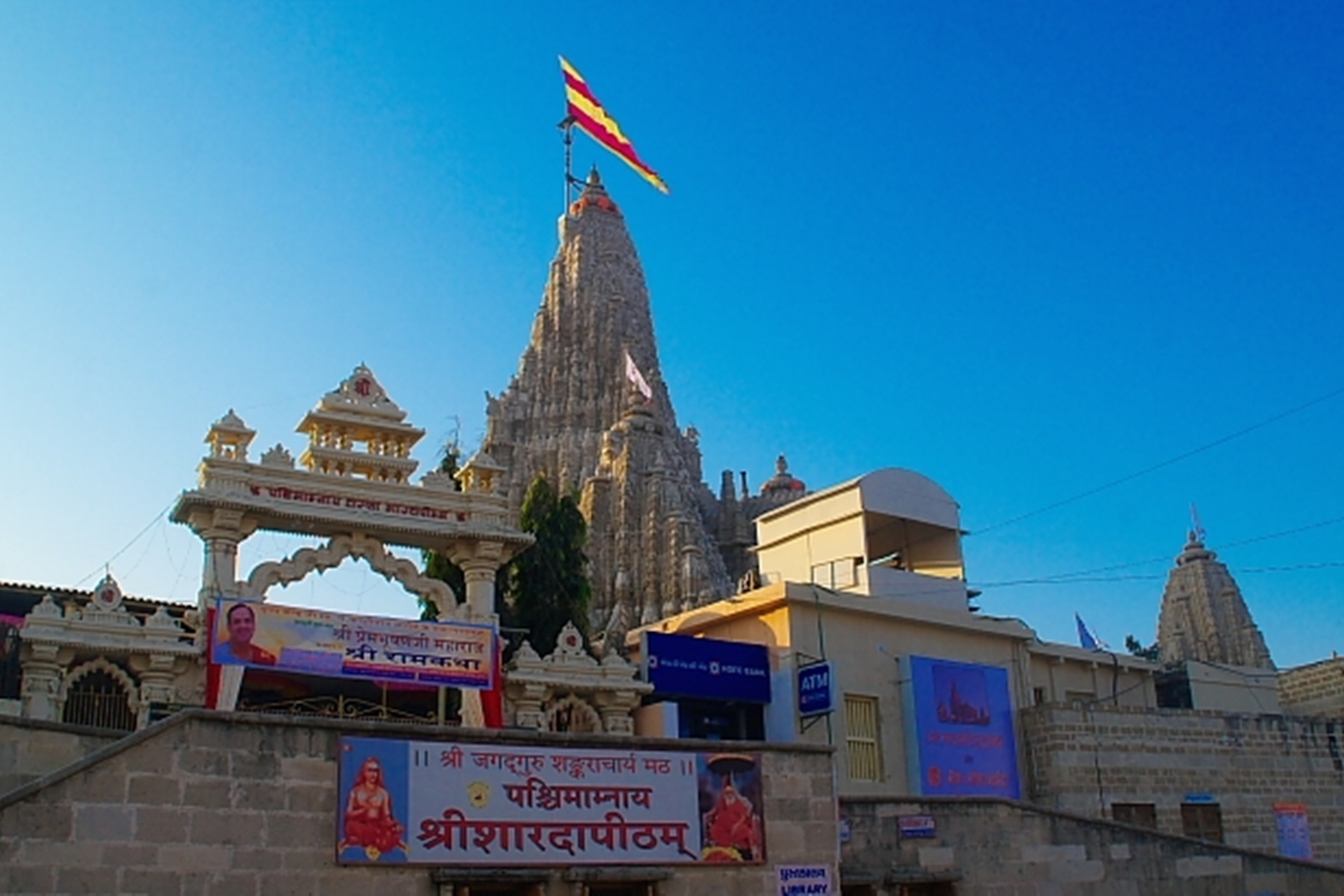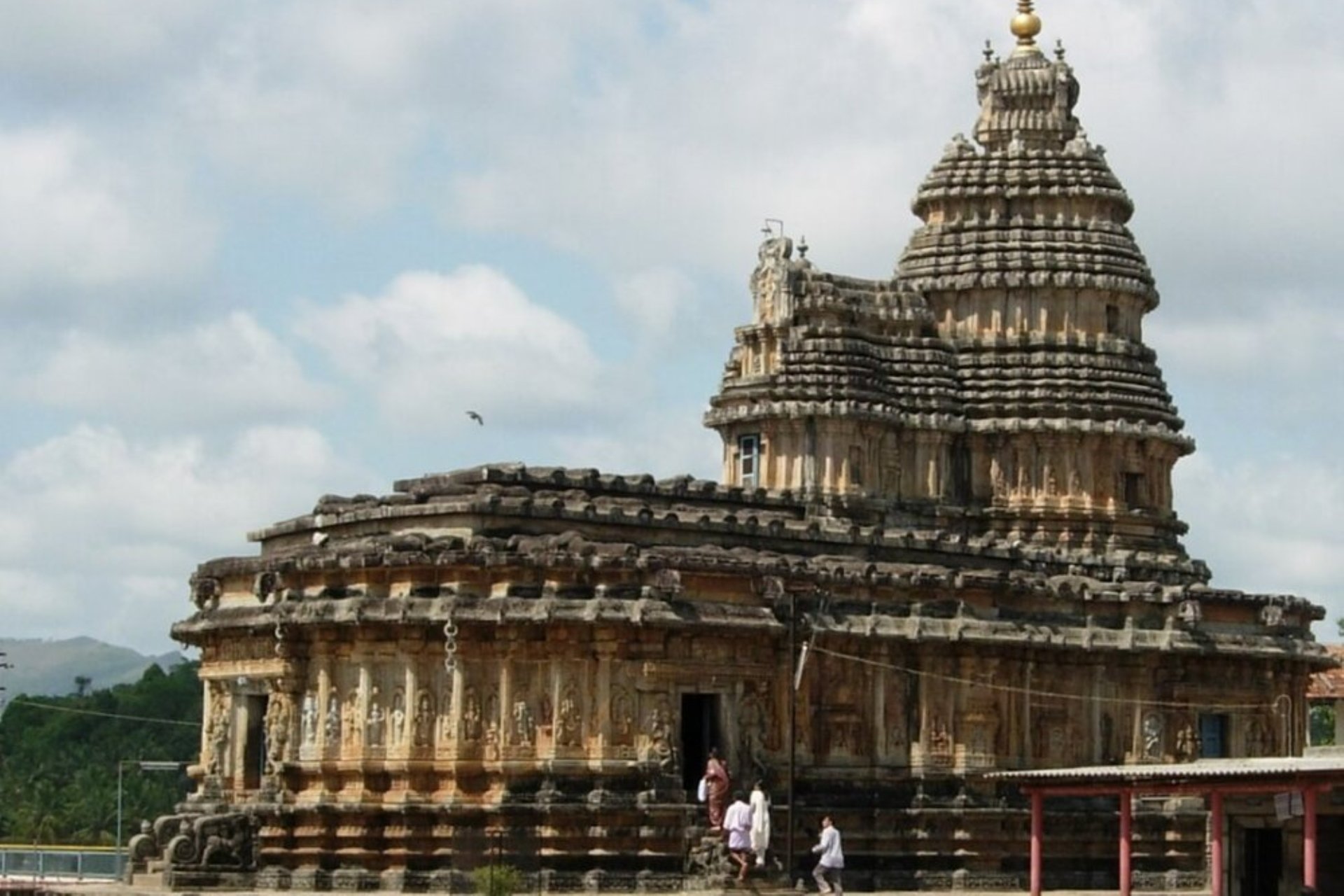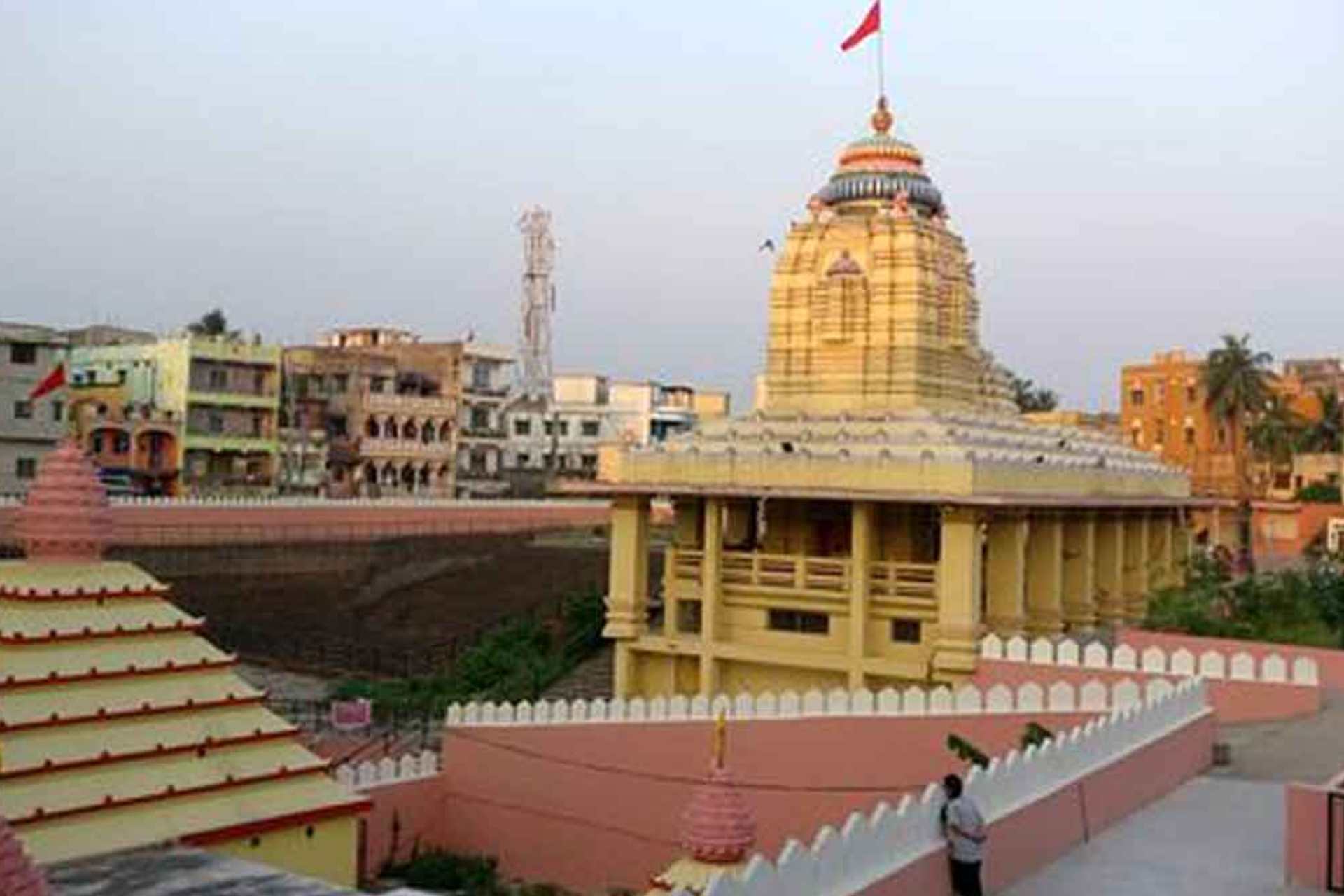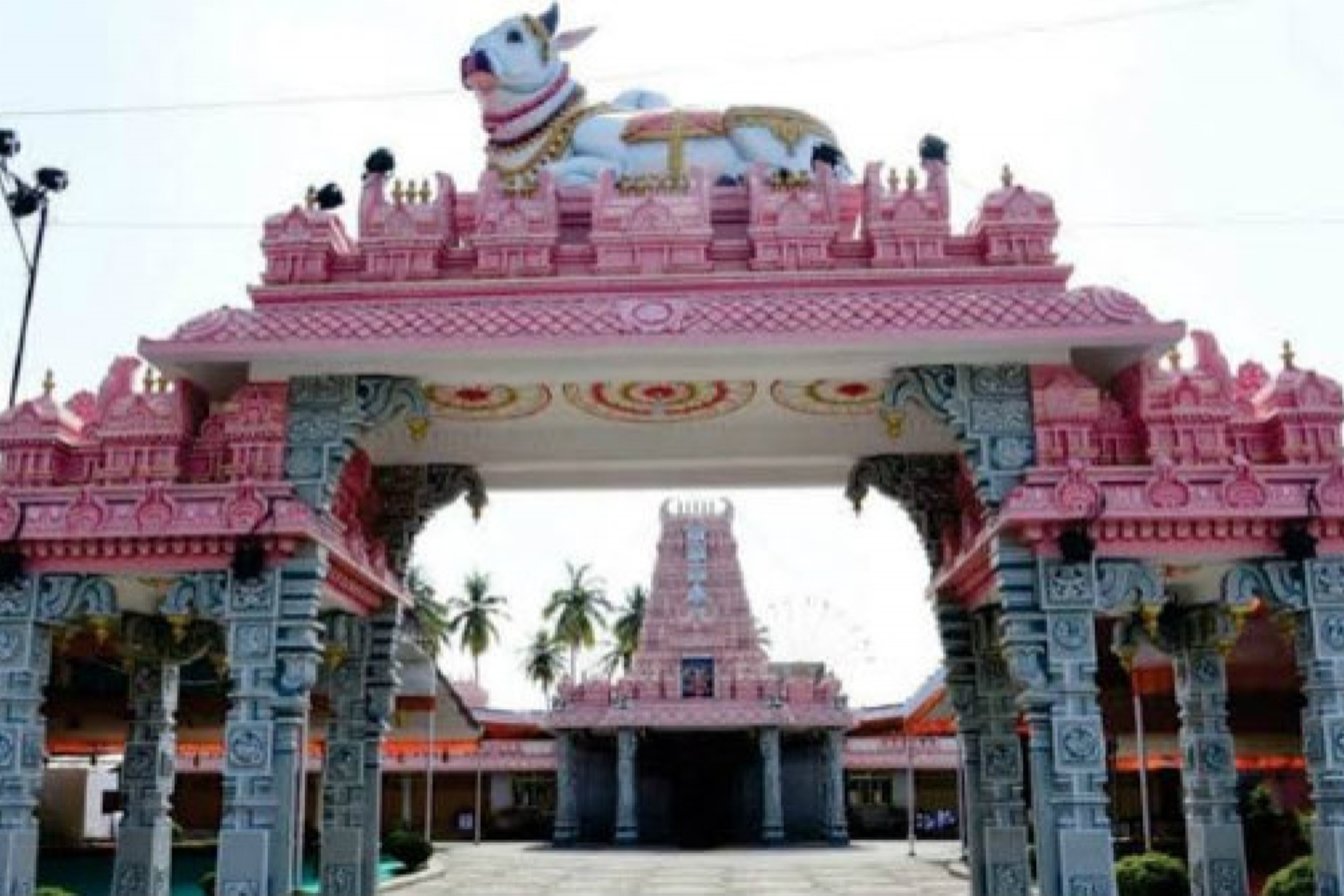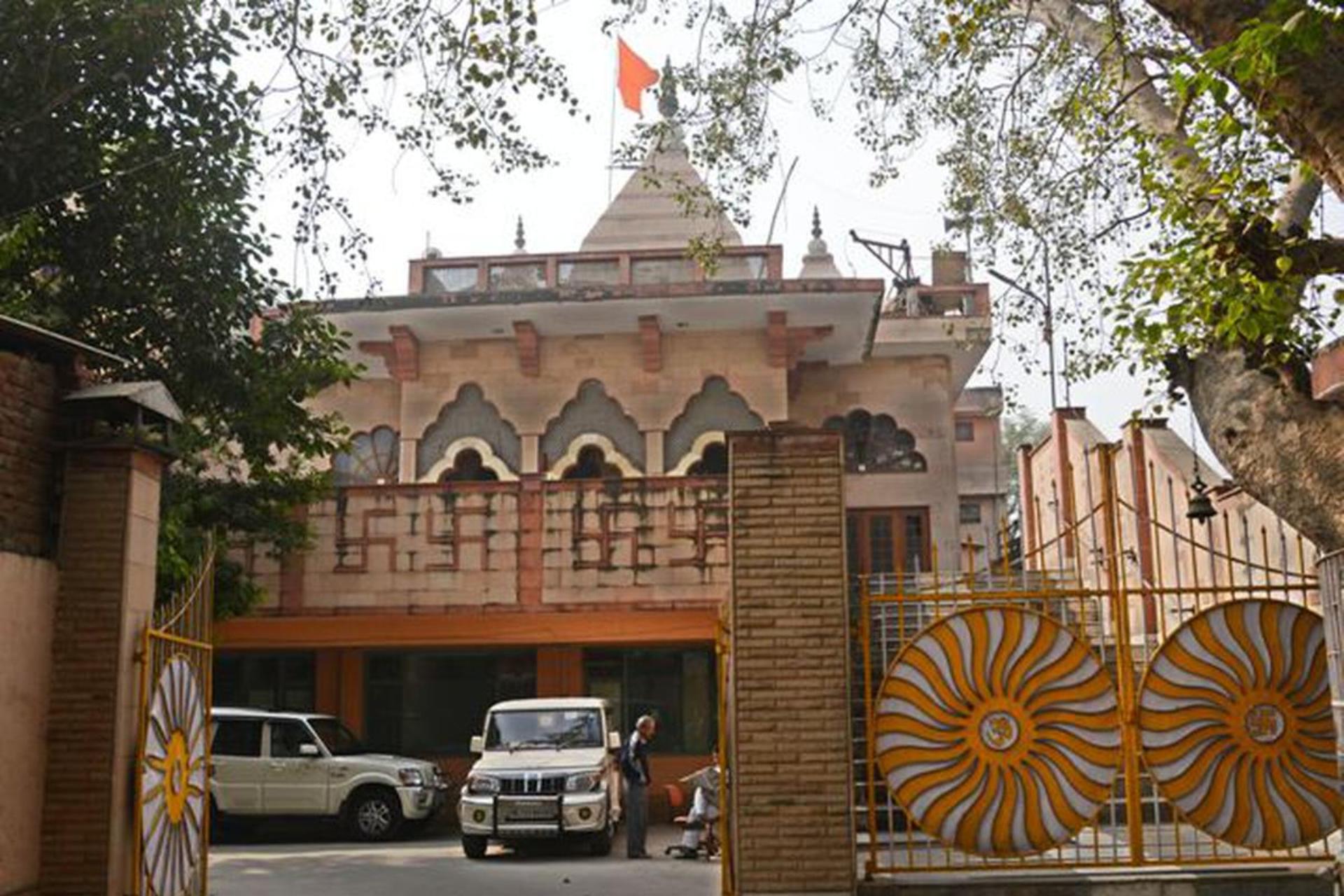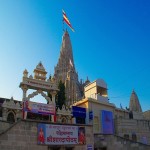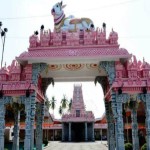Ananda Marga, also known as the "Path of Bliss," is a spiritual and social service organization founded in 1955 by Shrii Shrii Anandamurti (1921-1990) in Jamalpur, Bihar, India. The organization's teachings combine elements of yoga, meditation, and social activism.
Ananda Marga's philosophy is based on the idea that every individual has the potential to attain spiritual enlightenment, which is achieved through meditation and the practice of yoga. The organization emphasizes the importance of personal transformation and self-realization as a means to creating a better world for all.
In addition to its spiritual teachings, Ananda Marga is also involved in various social service activities. These include running schools and orphanages, providing disaster relief, promoting sustainable agriculture, and advocating for human rights and social justice.
Ananda Marga has a presence in over 130 countries and operates through a decentralized network of local centers and volunteers. Members of the organization are encouraged to lead a simple lifestyle, practicing vegetarianism and engaging in service to others.
Overall, Ananda Marga is a multifaceted organization with a focus on both personal transformation and social service. Its teachings and practices have resonated with many individuals around the world, and it continues to have a significant presence in the global spiritual community.
Ananda Marga's philosophy is multifaceted, and it incorporates a variety of spiritual and social principles. Here are some of the main elements of Ananda Marga's philosophy in detail:
Tantra: Ananda Marga's philosophy is rooted in the tradition of tantra, which emphasizes the unity of all things and the connection between the spiritual and material worlds. Ananda Marga teaches that the individual soul is a reflection of the universal soul, and that the ultimate goal of spiritual practice is to merge with the universal soul.
Self-realization: Ananda Marga places a strong emphasis on personal transformation and self-realization. The organization teaches that every individual has the potential to attain enlightenment, and that the key to doing so is through meditation, yoga, and other spiritual practices. Ananda Marga also teaches that self-realization involves developing a sense of love and compassion for all beings.
Service: Ananda Marga's philosophy includes a strong emphasis on social service. The organization teaches that serving others is an essential aspect of spiritual practice and that individuals should work to alleviate the suffering of others in whatever ways they can. Ananda Marga is involved in a wide range of social service activities, including running schools and orphanages, providing disaster relief, and advocating for human rights and social justice.
Neo-humanism: Ananda Marga's philosophy includes a concept called neo-humanism, which is based on the idea that all living beings are interconnected and that we should work to create a world where everyone's needs are met. Ananda Marga teaches that neo-humanism involves developing a sense of love and respect for all beings, regardless of their race, religion, or social status.
Vegetarianism: Ananda Marga teaches that a vegetarian diet is essential for spiritual development. The organization believes that consuming meat or other animal products is harmful to both the individual and the planet, and that a vegetarian diet is more conducive to a peaceful and compassionate lifestyle.
Overall, Ananda Marga's philosophy emphasizes the unity of all things, the importance of personal transformation and self-realization, and the value of social service and compassion for all beings. The organization's teachings and practices have resonated with many individuals around the world, and it continues to have a significant impact on the global spiritual and social landscape.
